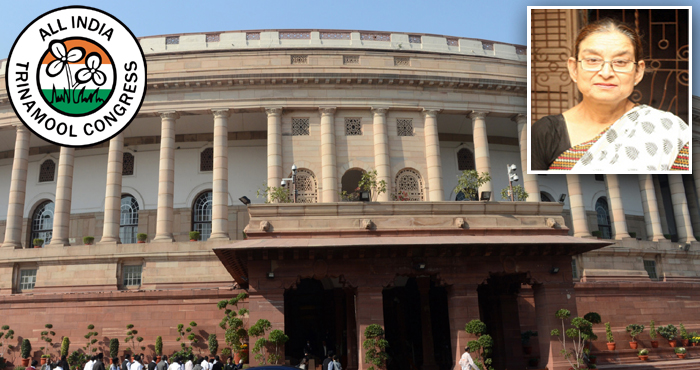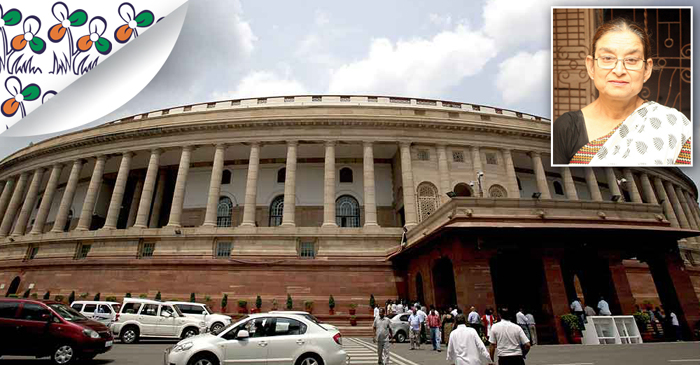FULL TRANSCRIPT
Hon Deputy Speaker Sir, thank you for allowing me to speak on this matter. It is apparent what hon finance minister has said. We have to revive the ailing sick banks, for that he is demanding special grants from our Budget money, he is talking about Rs 80,000 crore.
Sir, we need this because big public banks will give different loans to different publics, or sectors for our national growth. But, my question is, first of all, what is the guarantee that even after giving this amount, next year we will get repaid back and the banks will be solvent? Demonetisation was also touted as a process where the banks will be solvent from the poor people’s money. But, still that is not working. Then what about the solvency of the banks by guaranteeing the bigger loaners in the different corporate sectors and the big businessmen, who are not paid? There is no guarantee at all and we have got no idea how we can recover the amount.
Another thing, we are asking, rather the government is asking, is for a demand of grant for the solvency of the banks. But for the social sector development, employment and the survival of the general public we are not demanding more grants. Rather, the government has given up its major share to the States for expanding these schemes. One of them is MGNREGA. Even in the Mid-Day Meal scheme for the children’s growth who are two-thirds of our society, for their development, we are cutting the money from there. We have heard in the Zero Hour from my colleague, who narrated that widow pensions and other things have been stopped. And then, even the disabled people’s grants have been reduced, so has been the funds for the development of the SC/STs and minorities.
The ratio for PMGSY has been reduced from 80-20 to 50-50. So where do the states, specially some states that are not that solvent, get that money to pay for these schemes?
With these words Sir, I’m supporting this Bill. Thank you very much indeed.



